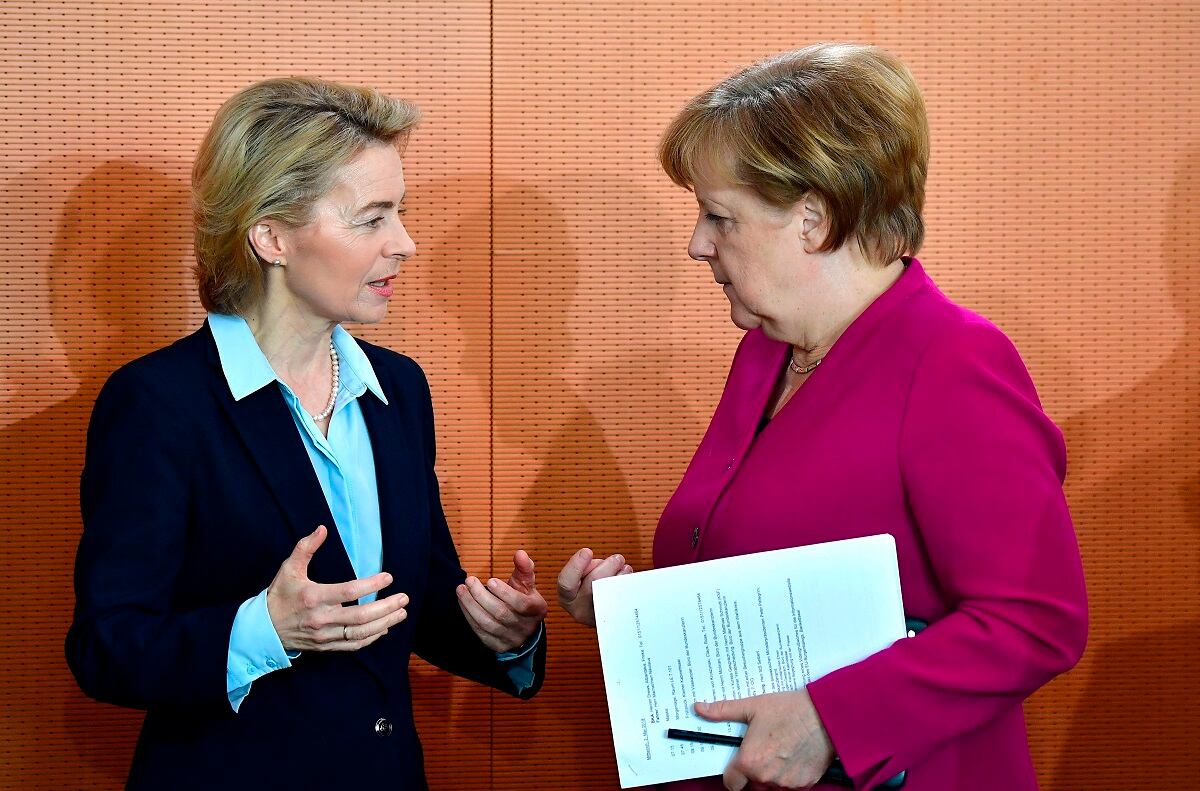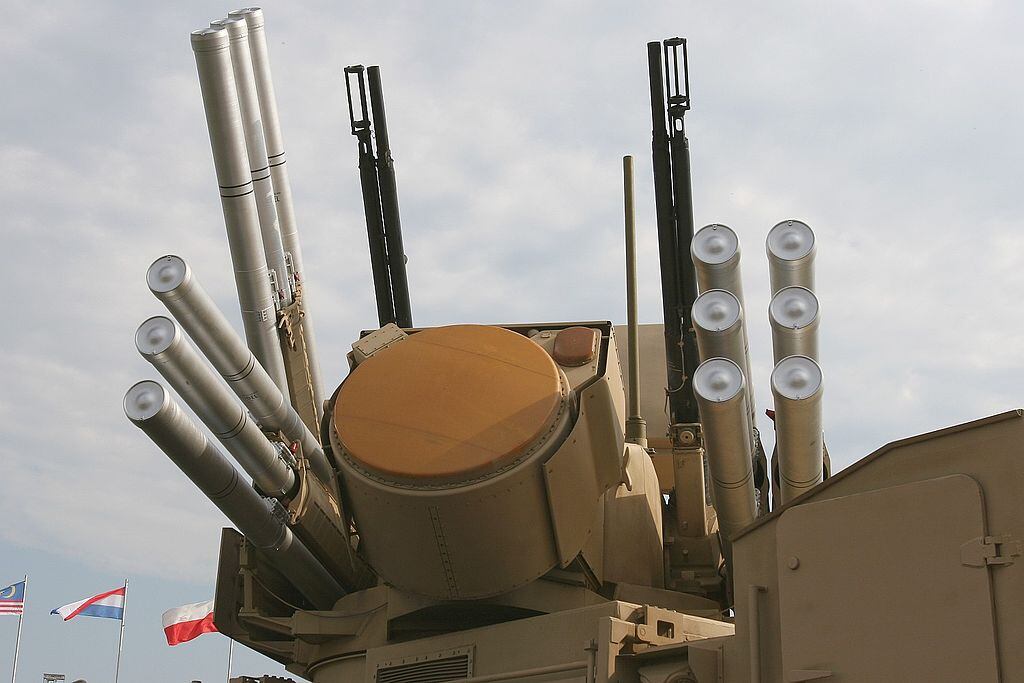COLOGNE, Germany — Germany Defence and Interior ministry officials are pushing for the creation of a new agency this year that will study disruptive technologies relevant to Germany’s defense and security.
A decision on the way forward is expected “shortly,” a Defence Ministry spokesman told Defense News on Wednesday. Planning is underway to get the green light from the Finance Ministry, a necessary step because the agency would be set up as an “in-house” limited liability corporation, according to the spokesman.
If all goes according to plan, insiders believe Cabinet-level consideration of the effort could come as early as September. While there is no official word on the exact timing, the spokesman said creating the agency is firmly on the calendar for 2018.
The full name for the outfit is “Agentur für Disruptive Innovationen in der Cybersicherheit und Schlüsseltechnologien,” or ADIC. Its name first popped up in the coalition-government agreement between Chancellor Angela Merkel's Christian Democratic Union and Social Democrats in March.
The document postulated that the agency, overseen by the two ministries for interior and exterior security, would help ensure Germany's “technological innovation leadership.” Also requested in that document was the creation of an “IT security fund” that would help protect related key technologies.
Defence Minister Ursula von der Leyen referred to the coming agency in a speech in May, equating its purpose to that of the Pentagon’s Defense Advanced Research Projects Agency, otherwise known as DARPA.

She presented the idea as part of a wider plan toward deep-futures thinking on cybersecurity matters, which also includes a study program at the Bundeswehr University in Munich.
Under the relatively new shift to emphasize all things cyber in the German military, the Defence Ministry’s Cyber Innovation Hub, created last year, is slated to survey the domestic technology startup scene for ideas with potential military application.
Asked by Defense News what status the upcoming agency will accord to the field of artificial intelligence, ministry officials responded that such projects “generally” would be eligible to receive temporary funding if they are deemed relevant to the mission.
RELATED

Much remains unknown about the German military’s approach to artificial intelligence, famously dubbed by Russian President Vladimir Putin last year as the technology that holds the key to ruling the world.
“The research area of artificial intelligence and potential applications by the Bundeswehr are being substantively reviewed,” the defense spokesman said. Whether the new ADIC or any of the existing organizations inside the Defence Ministry would get involved remains an open question, he added.
Some experts fear Germany is falling behind the the United States' and China’s enormous efforts in artificial intelligence, though government officials have said they believe the country’s talent base and emerging policy framework can ensure success.
A whitepaper released Wednesday by the Cabinet agency leading the push on AI, the Ministry of Education and Research, proclaimed the goal of making German-made AI a “seal of quality recognized all over the world.”
The document will lead to a more comprehensive strategy by late November. It makes no explicit mention of any military or defense applications.
Efforts already exist within the armed forces and the wider government to employ data-mining and predictive-analysis tools, which fall under the broader definition of artificial intelligence. For example, defense officials have touted experiments with a forecasting application developed to predict worldwide crises.
Officials also try to play up the Bundeswehr’s geekiness in its search for new recruits. A current online marketing campaign showcases the career field of a Bundeswehr University professor employing AI techniques to analyze terror attacks for patterns.
Sebastian Sprenger is associate editor for Europe at Defense News, reporting on the state of the defense market in the region, and on U.S.-Europe cooperation and multi-national investments in defense and global security. Previously he served as managing editor for Defense News. He is based in Cologne, Germany.








